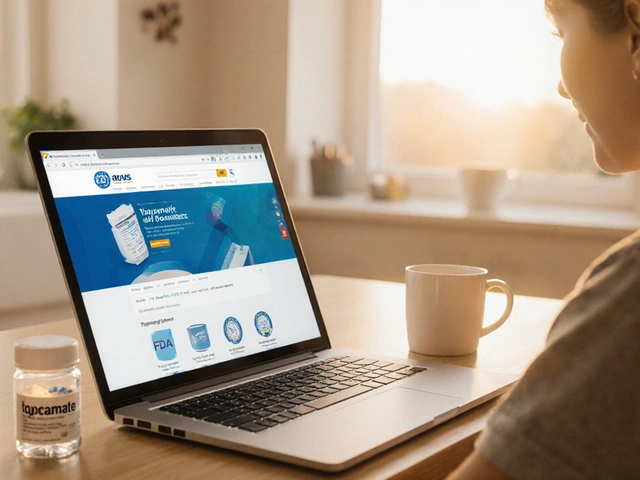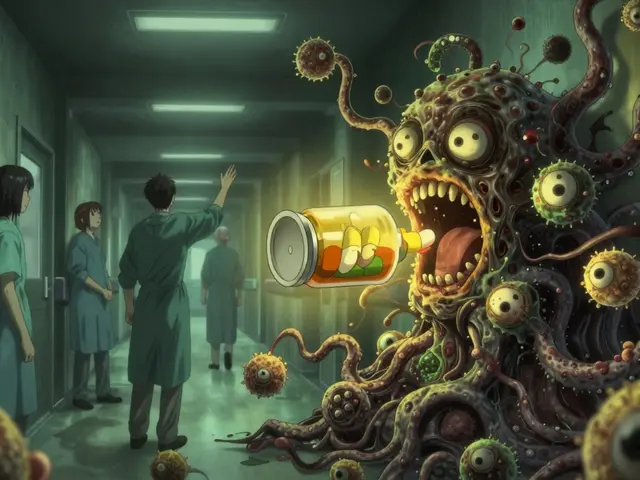Bone Health: How to Really Keep Your Bones Strong Every Day
Weak bones rarely shout for attention until something goes very wrong, like a sudden break from a simple fall. But you don’t have to play guessing games with bone health. Whether you’re worried about osteoporosis, wondering about calcium supplements, or want to know if that new medication helps or hurts your bones, you’re in the right place.
Bones change all throughout life. They build up fast when you’re young, but from your thirties onwards, your body quietly chips away at bone faster than it can make new stuff. Women especially face tough odds after menopause. That’s why keeping bones strong is more than just grabbing a random supplement from the pharmacy.
If you’re already taking medicine or thinking about it—whether it’s a steroid like Medrol or something for pain relief like ibuprofen—pay attention to side effects connected to bones. Long-term use of pills like prednisone or methylprednisolone has been shown in studies to make bones weaker. Even common medications can mess with calcium in the body, so it matters which combo you take. Always ask your doctor if your medications could be harming or helping your bones.
Enough calcium and vitamin D are essential, but more doesn’t always mean better. Most experts recommend about 1,000 mg calcium daily for adults, stepping up to 1,200 mg for women over 50 and men over 70. But getting all your calcium through pills isn’t the same as through food. Think dairy, leafy greens, and even canned fish with bones. Vitamin D helps your body use that calcium—most folks fall short, especially if they avoid the sun or live up north. Ask for a blood test if you’re not sure where you stand.
If you have been diagnosed with osteoporosis or broken a bone too easily, don’t panic. Medications like bisphosphonates (alendronate, risedronate) get prescribed for a reason: they slow down the breakdown of bone. They aren’t magic, but they do make a huge difference when taken correctly. They do come with rules—like sitting up for half an hour after you take them, since they can hurt your esophagus. Your doctor should go over these details, but if they don’t, ask.
Lifestyle tweaks do more than you’d think. Weight-bearing exercise—think brisk walking, jogging, dancing, or even skipping rope—signals your body to keep bones dense. Sitting all day? Not great for bone health, even if you’re eating well and taking the right pills. Avoid smoking and cut back on alcohol—both quietly eat away at bone over time.
Wondering about alternative remedies or new supplements? Don’t just trust clever ads. Most of these aren’t proven to help much, and some could even interact with medications or throw off your mineral balance.
Bone health isn’t just about avoiding fractures when you’re old. The habits, medications, and even everyday choices you make now will shape the bones you have for life. Stay curious and talk openly with your doctor or pharmacist when something isn’t clear—your bones will thank you down the line.

Valsartan-Hydrochlorothiazide Effects on Bone Health and Osteoporosis Risk
This article explores the relationship between valsartan-hydrochlorothiazide, a common blood pressure medication combo, and osteoporosis. You'll find clear facts on how these drugs may impact bone health, details about real-life risks and benefits, and smart tips for protecting your bones. Packed with useful data and actionable advice, it's a must-read for those juggling high blood pressure and bone concerns. Every section is practical and easy to follow.




